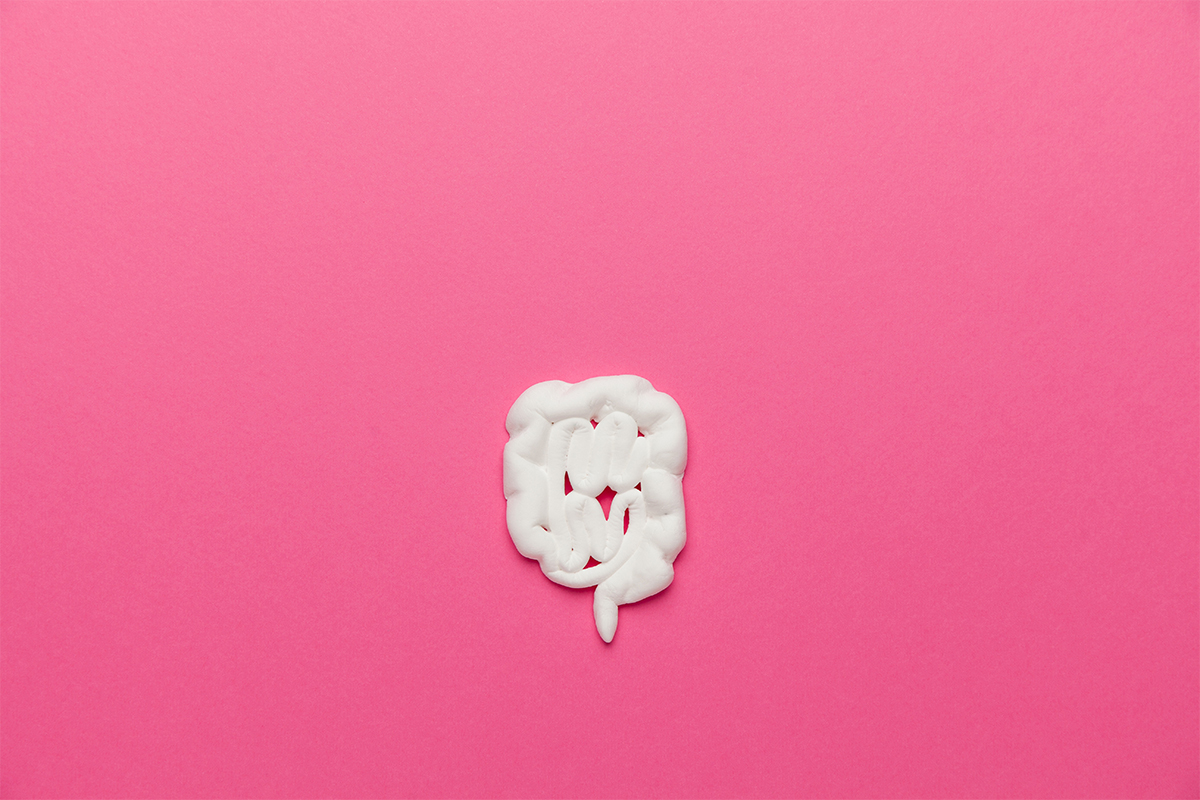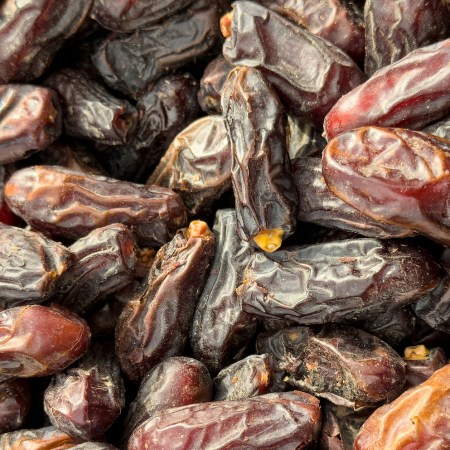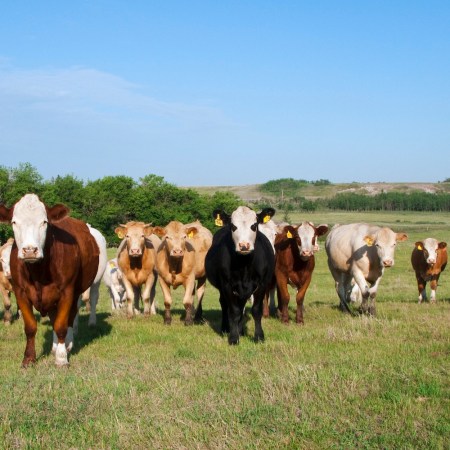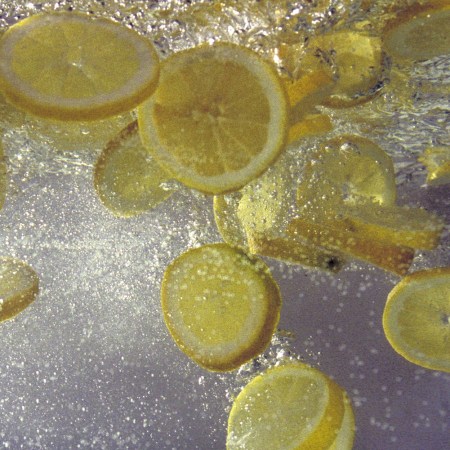I would’ve had a better start to my day — and a better life, likely — if I hadn’t read the first sentence of The New York Times‘s recent profile on the “rewilding” movement: “As the sun set in Tanzania on a September evening in 2014, Jeff Leach inserted a turkey baster filled with another man’s feces into his rectum and squeezed the bulb.“
But here we are, and here is yet another “we should imitate the health secrets of our Paleolithic ancestors” argument. Supporters of rewilding contend that industrialized living has sabotaged the intestinal microbiome. Processed foods, antibiotics and a general aversion to fiber-rich foods have weakened our guts, leaving us vulnerable to a variety of diseases.
It isn’t as simple as eating more vegetables, or “diversifying” the gut with probiotics (though that approach is certainly having a moment — the probiotics market is expected to swell to $57 billion in revenue by 2022). Research suggests that the modern microbiome is literally missing microbes. It’s become impossible to boost one’s fiber intake — and reap the benefits of a high-fiber diet — without simultaneously experiencing pain and disfunction in the gastrointestinal tract. We’re simply no longer built to handle that sort of consumption.
Hunter-gatherer types were built for it, though, the thinking goes. So researchers have taken to studying both prehistoric “paleofeces” from caves and the excrement of today’s practically untouched peoples. In some cases, as with Leach, this has delved into gonzo experimentation. The scientist conducted his own fecal transplant with stool he collected from Tanzania’s Hazda people, an indigenous community that has patrolled the East African Rift for thousands of years.
Does sticking the feces of 2021’s last few remaining hunter-gatherers up one’s rectum actually “rewild,” and rewind, one’s microbial capabilities and clock? Well, scientists are extremely skeptical. Fecal transplants aren’t completely unheard of, believe it or not. But used for this purpose, there is little to no evidence that bacterial supplementation can compete with the trillions of microbes already already fighting for space in the microbiome. Are they really going to survive and multiply? And if they did, do we think they’re going to suddenly protect us against diabetes, or Crohn’s disease, or irritable bowel syndrome?
That’s not to mention the misplaced romanticism people put into the wellness habits of prehistoric peoples (who, let’s remember, had an average life expectancy of 35 years old), or the clear racism and colonialism associated with taking stool samples from the impoverished Hazda people in exchange for trifling gifts. The tribe, the Times reports, “has no say in how the findings are used or who profits from them.” If, say, fecal transplant research led to a major windfall and launched a series of rewild-focused biotech brands, these people would never see a cent.
Research for research’s sake is extremely important. Like the brain, the deep ocean, or outer space, the microbiome is something we know astonishingly little about. The implications of uncovering its secrets are massive. But widespread, “we’ll apologize later” exploitation should never be the way forward. Meanwhile — and you know you are — if the idea of biohacking your body with fecal transplants piques your interest more than getting the COVID vaccine, please go on a long walk and consider why you are the way that you are.
The Charge will help you move better, think clearer and stay in the game longer. Subscribe to our wellness newsletter today.


















